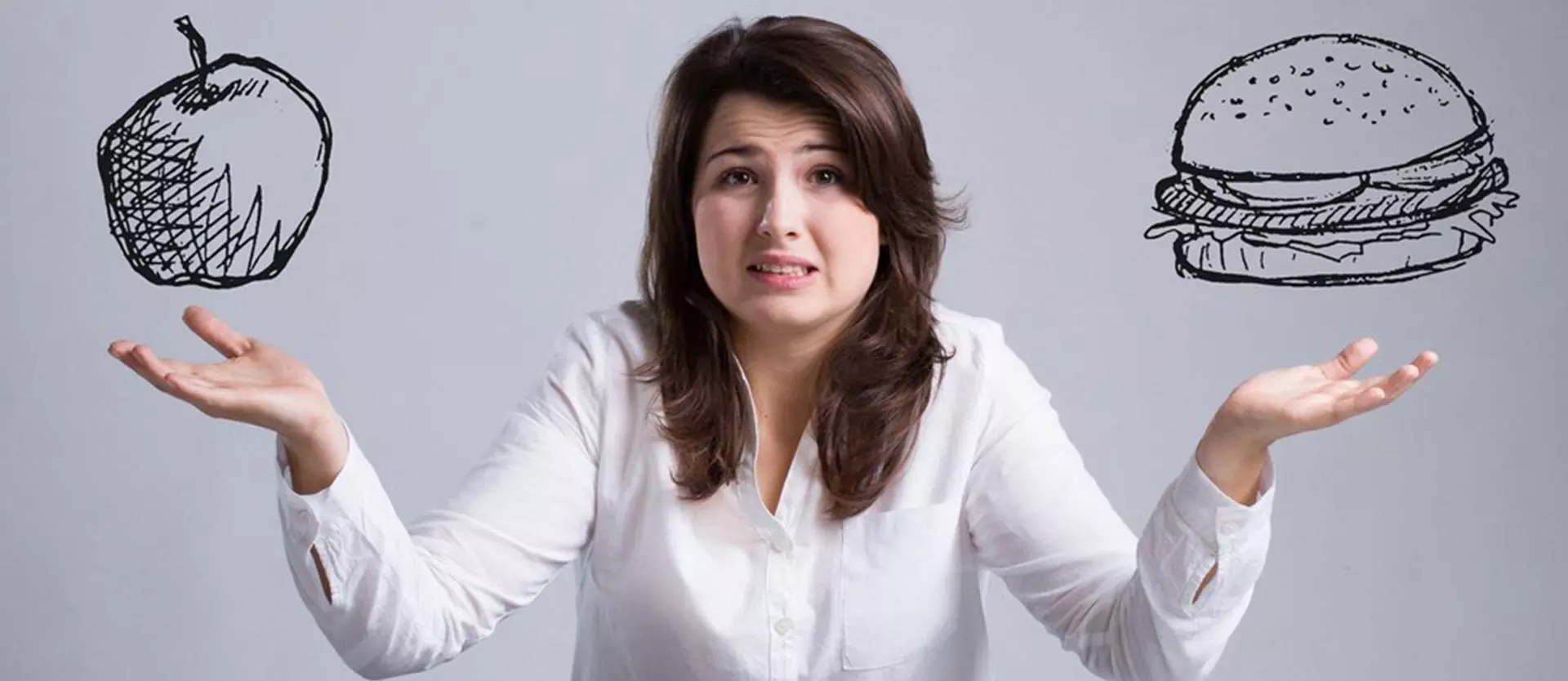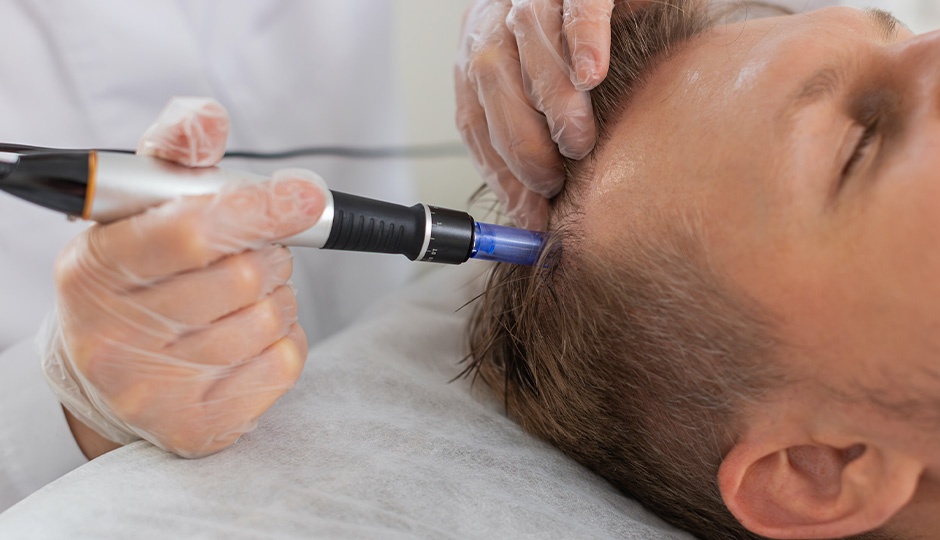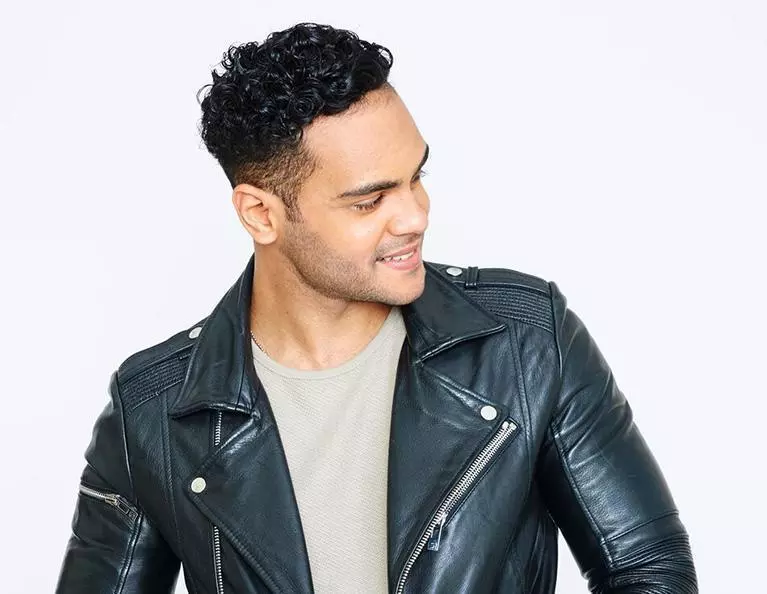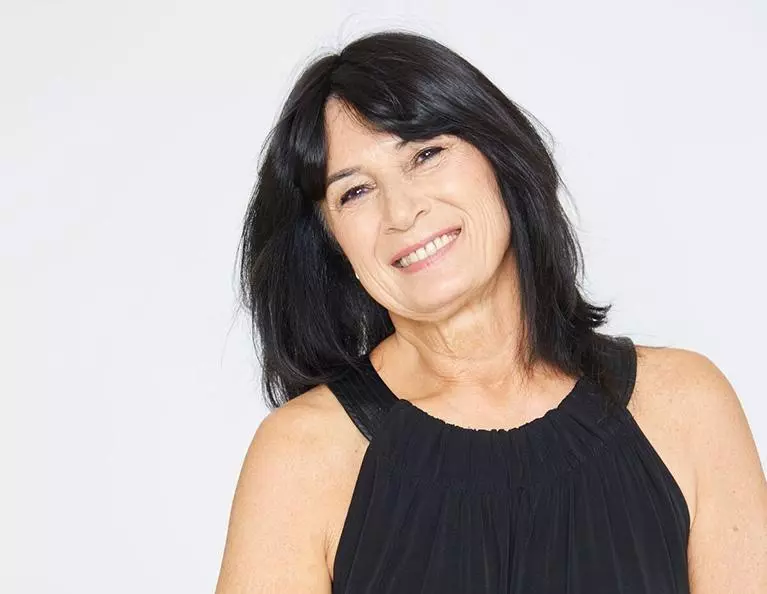It is not uncommon for many people to lack enough iron in their blood. That is called iron deficiency. It is not uncommon, but it is also not healthy for your body for many reasons. Aside from other types of health consequences, an iron deficiency could be behind the hair loss you have. In order to produce hair and to do so on a consistent basis, the body needs access to core nutrients, which help to keep the production of hair occurring. If your body is not getting enough iron on a regular basis, that may impact its ability to produce the beautiful hair you like.
There are many reasons hair loss and hair thinning can occur. Iron deficiency could be one of them. Take a look at what you can expect if this is what is occurring to you.
How Does Iron Contribute to Hair Growth?
Iron intake is necessary for the production of hemoglobin in the blood. Hemoglobin is necessary as it helps to carry oxygen throughout the body. Oxygen helps fuel cells, aiding in the growth and the repairing of cells throughout the body. That includes the cells that are responsible for stimulating hair growth. In short, if your body is not getting enough iron, those cells may not be receiving the oxygen they need to produce hair.
How Do You Know Iron Is Behind Your Hair Loss?
The short answer is that there is no way to know if your iron deficiency is causing hair loss until (and unless) you get a blood test from your doctor that shows this information. However, there are a few things that may indicate to you that this is what is occurring.
For example, when iron deficiency hair loss occurs, it typically looks like traditional male pattern hair loss or female pattern hair loss. Iron deficiency may cause the same type of hair loss that is seen in these often-genetic reasons for hair loss.
If you are experiencing hair loss like this, it may be important to talk to your doctor about the potential for iron deficiency to be behind it. This is especially important in situations where you have seen a significant amount of hair loss in a short period of time. That could indicate more serious or advanced forms of hair loss.
If you plan to change your diet to reduce the amount of iron-rich foods you take in, that could lead to this type of hair loss. Keep in mind that iron deficiency may also prevent new hairs from growing in, at least until the deficiency is resolved.
How to Reverse Iron Deficiency Related Hair Loss
In some situations, it may be possible to reverse this type of hair loss by correcting the problem – restoring normal iron intake. If your doctor’s lab tests show that you have a low level of iron, then it is necessary to work with your doctor to determine the best way to restore proper iron levels. It is best to do this with your doctor’s to avoid complications. You may be able to use supplements or changes in your diet to reverse this onset.
Preventing Iron Deficiency Hair Loss
It is often easier to prevent it from occurring in the first place. To do that, consider these tips:
- Eat a healthy and balanced diet that contains iron-rich foods. This includes lean proteins, spinach, peas, and even dried fruit. You can also look for foods that are fortified with iron, such as some cereals.
- Add Vitamin C rich foods to your diet. These foods are necessary because Vitamin C helps your body to absorb the iron in an efficient manner. Vitamin C rich foods include melons, oranges, tomatoes, broccoli, and strawberries, among others.
- Keep your hair safe. That is, avoid wearing it up all of the day and avoid high-heat applications that could stress the hair.
Iron deficiency can lead to serious health complications for you beyond hair loss. If you believe you may be deficient in iron, seek out the help of your doctor to create a plan for treatment. It is important to do so for various aspects of your health, but it can also help with hair loss brought on by this concern. To learn more, contact the team at Unique Hair Concepts.






